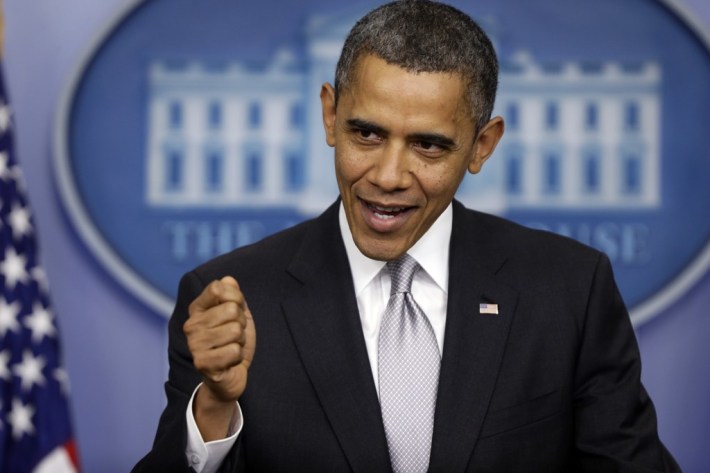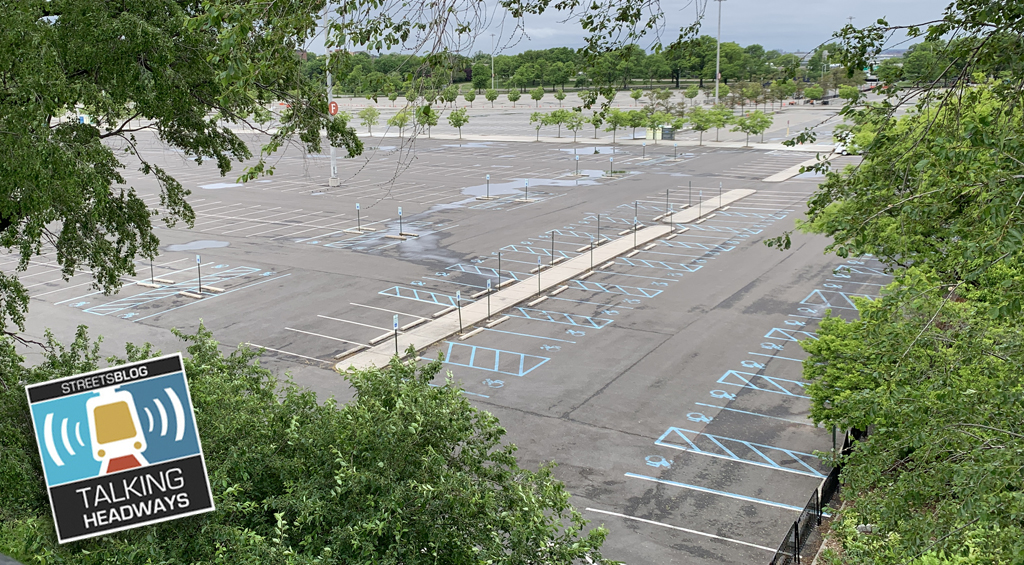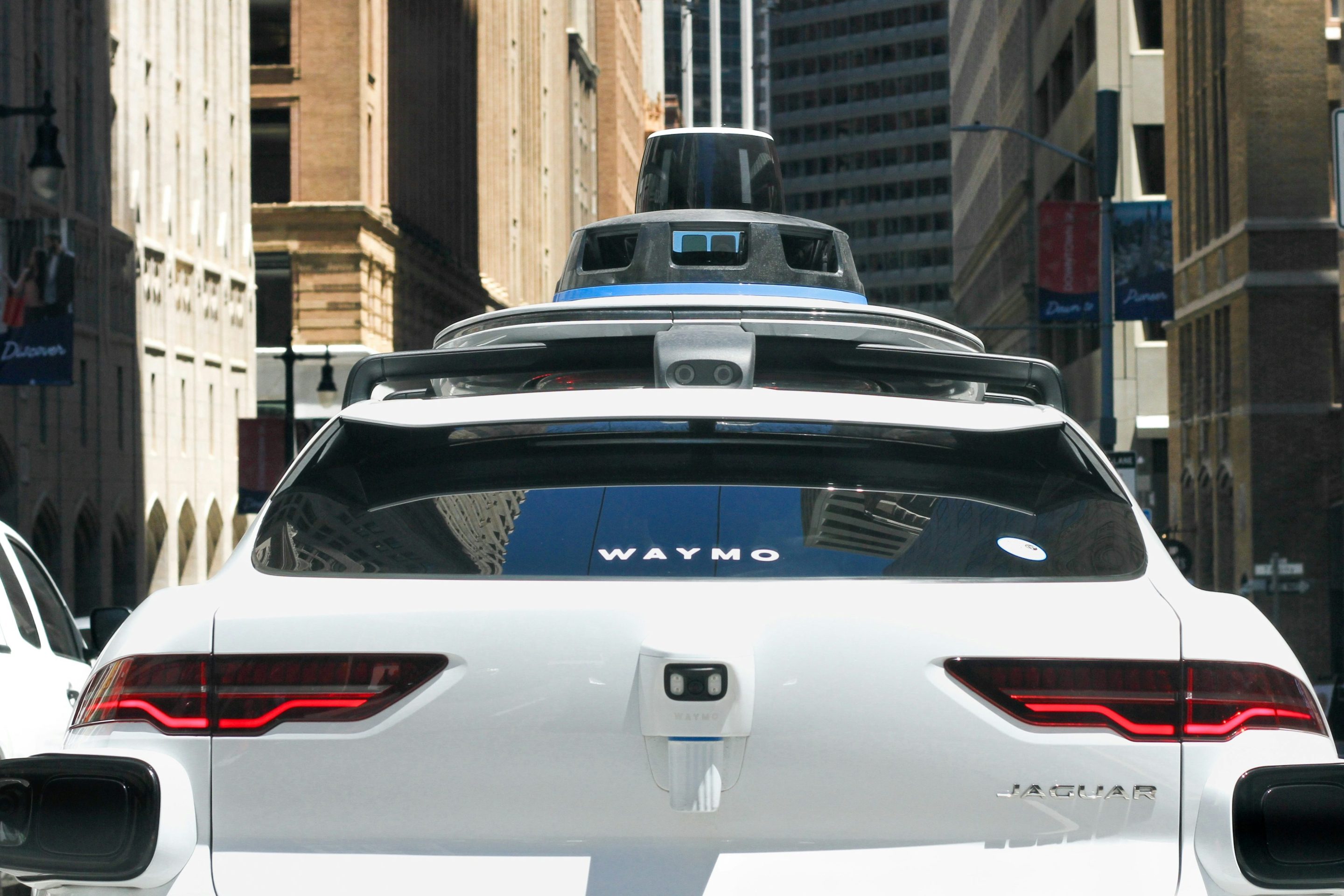In 1962, President John F. Kennedy called for a federal transit funding plan. Two years later, President Lyndon B. Johnson took baby steps toward starting that program, but Johnson’s true transportation legacy was signing the bill that created the Department of Transportation, bringing all modes under one roof.

Nixon oversaw the creation of Amtrak. Ford had a strong, personal role in rail restructuring when all the railroads were going bankrupt. Carter did deregulation and the first multi-modal surface transportation act. Reagan passed a gas tax increase. George H.W. Bush helped get IS-TEA passed and Clinton signed TEA-21, the biggest transportation bill in history (even adjusted for inflation).
What about George W. Bush? What about Obama? Presidents haven’t been as active in setting and guiding transportation policy in recent years. Neither our current president nor our most recent ex-president really made his mark on transportation at all. The University of Virginia’s Miller Center set out yesterday to figure out whether presidents still wield any power whatsoever in transportation policy discussions. To do so, the Center held a series of panel discussions of its own.
Obama has gone out on a limb in promoting several big transportation ideas, from high-speed rail to an infrastructure bank to a $50 billion job-creating infrastructure program -- but none have come to fruition. Why is that?
There’s been a disconnect lately between Congress and the White House, said Emil Frankel of the Bipartisan Policy Center, a high-ranking DOT official under George W. Bush. President Obama has broken with tradition by refusing to submit a draft transportation bill to Congress. He just lays out his ideas and says, “There you are; go write a bill.”
Maybe that’s for the best, though. “If Obama were to lay something out, there’s a certain segment of the House that would just be against it,” said Marcia Hale, the president of Building America’s Future and a veteran of Democratic Party politics. Others agreed: Putting Obama’s name on an initiative is the best way to kill it.
Two months ago, a reporter asked Obama himself whether he still has much persuasive power over Congress. “The issue is not my persuasive power,” he replied. “The question is, can the American people help persuade their members of Congress to do the right thing?”
He was talking about gun violence and spending cuts, areas where the U.S. population is squarely in Obama’s corner, and where Congress takes a different position. But what about infrastructure spending, which Americans still aren’t convinced they really need?
Meanwhile, Obama keeps proposing ideas that even Democrats in Congress have very little appetite for, like an infrastructure bank or a big stimulus-like infrastructure bill to create jobs.
In that context, is it a good thing that the president isn’t promoting, for example, an increase in the gas tax? Perhaps his support would automatically sink the proposal with Republicans, who could label it just another squeeze on middle-class taxpayers from a tax-and-spend president. On the other hand, his leadership on the issue might encourage some in Congress to be less timid about getting behind it.
Frankel also indicated he was frustrated that the president hadn’t shown any leadership on road pricing, which, according to Frankel, is a way to both generate funds and strengthen transit. “These things have to work together,” Frankel said. “But the federal government has been silent about pushing in this direction.”
The president has also been all too willing to abandon a user-pay system for transportation, Frankel said. By proposing programs like his jobs plan or fix-it-first – both $50 billion infrastructure bills to be paid out of the general fund – Obama weakens the user-pay principle. On one hand, by opening up general funds to transportation, Obama would liberate transportation from its reliance on a trust fund teetering on the brink of insolvency. On the other hand, by making transportation reliant on general funds, it makes transportation interests vie for money against every other expenditure under the sun, with no guarantees.
Here’s one place Obama has it right: high-speed rail, the president’s signature transportation initiative. Congress hasn’t been particularly keen to join him on this one, either. The money needed to build it is mind-boggling, and it’s easy to say, in such a constrained climate, that it’s just not possible. But Hale says we just need one line to get up and running and people will have an “a-ha moment.”
“One true high-speed rail line in this country would get people going, ‘Why haven’t we had this before? Why does everybody else in the world have it?’” said Hale. “Can you imagine this country in 50 years if we don’t have any kind of high-speed rail?”





